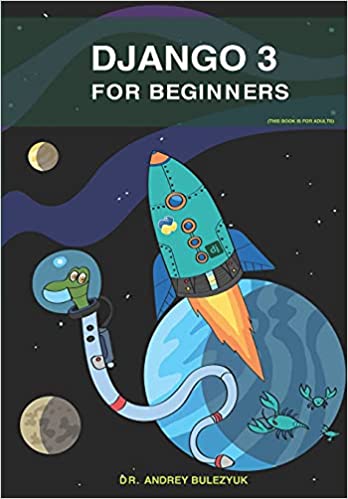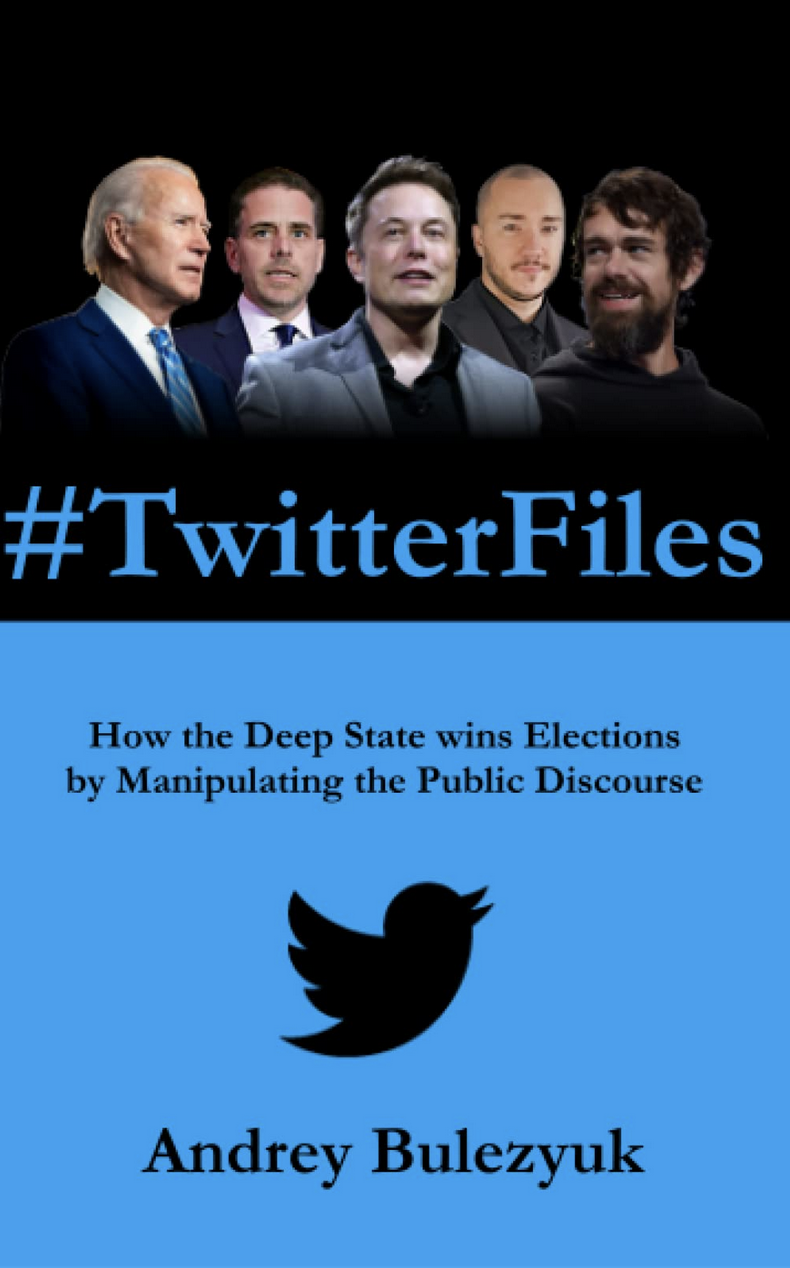- Introduction: Understanding ChatGPT’s Role in the Cyber World
- Pros and Cons of Using ChatGPT for Sensitive Information
- Assessing ChatGPT’s Security Measures: Is Your Data Safe?
- Conclusion: Making an Informed Decision About ChatGPT’s Trustworthiness
Introduction: Understanding ChatGPT’s Role in the Cyber World
ChatGPT is an AI-powered chatbot that has gained popularity in recent years for its ability to engage in human-like conversations. It uses natural language processing (NLP) and machine learning algorithms to understand and respond to user queries. While ChatGPT has been praised for its convenience and efficiency, there are concerns about its trustworthiness when it comes to handling sensitive information.
As more and more businesses and individuals rely on ChatGPT for various purposes, it’s important to understand its role in the cyber world. ChatGPT is essentially a software program that interacts with users through text or voice commands. It can be used for a wide range of applications, from customer service and technical support to personal assistance and entertainment. However, its capabilities also raise questions about privacy, security, and ethical considerations.
In this article, we’ll explore the pros and cons of using ChatGPT for sensitive information and assess its security measures to determine whether it’s a reliable code confidant or a potential cyber threat. By understanding the risks and benefits of ChatGPT, you can make an informed decision about whether to trust it with your data.
Pros and Cons of Using ChatGPT for Sensitive Information
One of the main advantages of using ChatGPT for sensitive information is its speed and efficiency. Unlike human agents, ChatGPT can process large amounts of data and respond to queries in real-time, which can save time and resources. It can also provide 24/7 support, which is especially useful for businesses that operate globally or have customers in different time zones.
However, there are also several drawbacks to using ChatGPT for sensitive information. One of the biggest concerns is privacy. ChatGPT collects and stores user data, which can include personal and sensitive information such as names, addresses, and credit card details. This data can be vulnerable to cyber attacks or misuse, which can lead to identity theft, fraud, or other security breaches.
Another issue is accuracy. While ChatGPT is designed to understand and respond to user queries, it’s not always reliable. It can misinterpret or misunderstand certain phrases or contexts, which can lead to incorrect or inappropriate responses. This can be especially problematic when dealing with sensitive information, as it can result in errors or misunderstandings that can have serious consequences.
Assessing ChatGPT’s Security Measures: Is Your Data Safe?
To determine whether ChatGPT is a trustworthy code confidant, it’s important to assess its security measures. ChatGPT uses encryption to protect user data, which means that the data is scrambled and can only be read by authorized parties. It also uses firewalls and other security protocols to prevent unauthorized access to its servers. However, these measures are not foolproof, and there is always a risk of data breaches or cyber attacks.
One of the biggest concerns with ChatGPT’s security is its vulnerability to social engineering attacks. Social engineering is a tactic used by cybercriminals to manipulate people into revealing sensitive information or performing actions that can compromise security. ChatGPT’s AI algorithms can be trained to respond to certain prompts or commands, which can be exploited by attackers to gain access to user data. This highlights the importance of user education and awareness when it comes to cybersecurity.
Another factor to consider is ChatGPT’s compliance with data protection regulations. Depending on the jurisdiction, there may be laws and regulations that govern the collection, storage, and use of personal data. ChatGPT must comply with these regulations to ensure that user data is protected and used ethically. It’s important to research the legal and regulatory framework in your region to determine whether ChatGPT is compliant and trustworthy.
Conclusion: Making an Informed Decision About ChatGPT’s Trustworthiness
In conclusion, ChatGPT can be a useful tool for engaging in human-like conversations and processing large amounts of data. However, it’s important to weigh the pros and cons of using ChatGPT for sensitive information and assess its security measures to determine whether it’s a trustworthy code confidant or a potential cyber threat.
To make an informed decision about ChatGPT’s trustworthiness, it’s important to consider factors such as privacy, accuracy, security, and compliance. You should also evaluate your own risk tolerance and the sensitivity of the information you plan to share with ChatGPT. If you decide to use ChatGPT, it’s important to follow best practices for cybersecurity, such as using strong passwords, avoiding public Wi-Fi, and keeping your software up to date.
Ultimately, the decision to trust ChatGPT with your data is a personal one that depends on your individual needs and circumstances. By understanding the risks and benefits of ChatGPT and taking appropriate precautions, you can use this AI-powered chatbot with confidence and peace of mind.








0 Comments